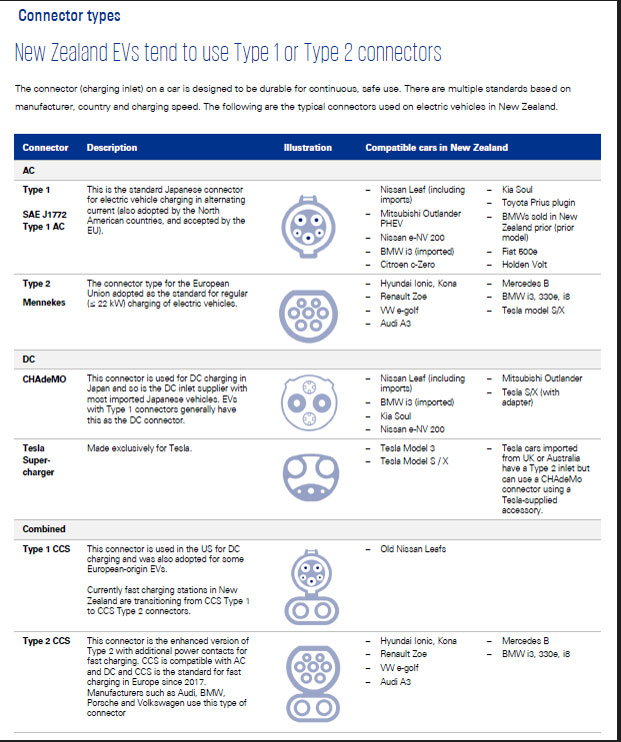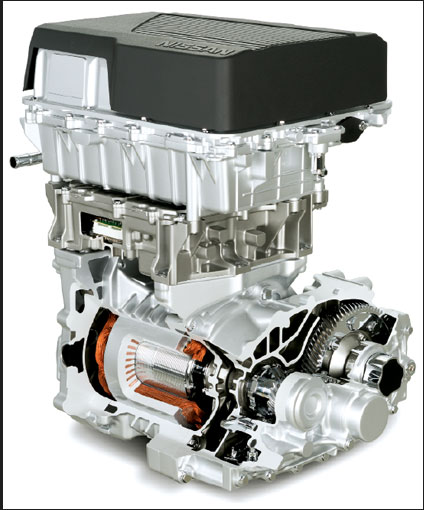Frequently Asked Questions
How Safe are EVs?
EVs sold in New Zealand must meet the same minimum vehicle safety standards as petrol and diesel vehicles. Look for the maximum 5-star ANCAP rating. An EV’s high-voltage electric system is designed to automatically deactivate in a crash. They are less likely to catch fire in a crash than petrol or diesel vehicles. Plus, the weight of the battery packs give EVs a lower centre of gravity, so they are less likely to roll.
How long does it take to fully charge the battery?
On average, a type 2 (or business) charger can give 10-20km of range per hour, so the time taken to fully charge an EV or Hybrid can differentiate between cars.
Will I Have To Replace My Battery In 10 Years?
A valid question, and one that we can typically answer straight away. The answer is no, or it is extremely unlikely. The current prediction is your battery will last at least 10 years and perhaps even up to 20 years or more before needing replacement. Battery performance has massively outperformed public predictions since the introduction of mass-produced electric cars. The Industry Experience So Far; Early Nissan Leafs are over 10 years old, and many are still showing great battery health. There are early Nissan Leafs operating in England with over 150,000 miles. A well-looked-after vehicle with 100,000 miles on it will normally have only lost 5 or 10% of its capacity. And this is all on the old battery technology. Every new generation of EVs brings with it new and improved battery packs. We can safely say that EV batteries are not a disposable item, and will outlive a typical combustion engine car.
Why a Nissan Leaf?
The Nissan Leaf came out in 2011/2012. It is the most popular electric car in the world with over 250,000 sold.
What is SOH?
The battery’s State of Health is a useful way to judge how much life a used EV’s battery has left. It describes the overall condition of a battery – not its current charge. For some vehicles, on-board diagnostics can provide data that will help you determine how much longer you can expect it to last, based on how it has been used to date.





